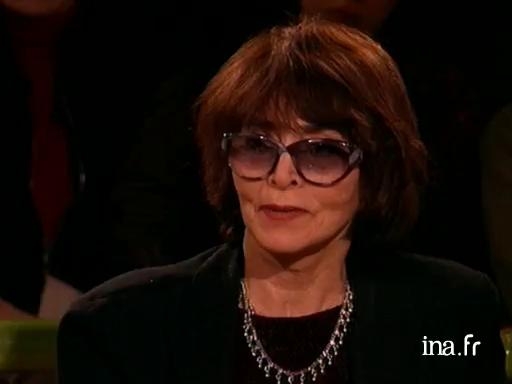Interview with Vera Chytilova

Information
Following an excerpt from her film Daisies, Vera Chytilova talks about her seven years of forced unemployment following the release of this film, and her following films, Le Jeu de la Pomme and Fruit du Paradis. She also talks about the difficult situation currently affecting Czech films.
Context
Vera Chytilová, born in 1929, is part of a generation of young Czech filmmakers that took over for the "1956 generation" directors - already breaking away from socialist ideology - and freeing themselves from Manichean and didactic ideals of official art in the 1960s.
Alongside experienced filmmakers such as Vojtech Jasny (The Cassandra Cat, 1963) and Jan Kadár (The Shop on Main Street, 1965), a few celebrities emerged that quickly became regarded as the "New Wave", whose audacity and freedom of expression reminded people of the wave that just swept across France. A significant person, Milo? Forman directed Audition (1963), Loves of a Blonde (1965) and The Firemen's Ball (1967). Amongst other peers (Jiri Menzel, Jaromil Jire?, Jan Nemec), Vera Chytilová was noticed in 1963 with Something Different before participating in the success of the collective film Pearls of the Deep (1965) and then directed the triumphant Daisies (1966). Unfortunately, after this productive period, repression came. Condemned to exile (Forman) or to silence (Chytilová), the Czech new wave ended in 1968.




